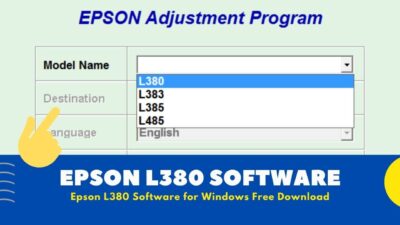For novice technicians, there is no better feeling than landing their first job in a field that’s famed for stiff competition and new trends. And that’s what the CompTIA Network+ certification is all about. It helps candidates to verify their expertise in computer networking and IT infrastructure through a practical approach. In this post, you’ll know the details of this certification program and the key roles you can get hired in after getting certified.
CompTIA Network+ Certification Overview
The CompTIA Network+ Practice Test – N10-007 is key to building a career in IT infrastructure and networking. It allows one to validate solid skills in the configuration, troubleshooting, and management of networks. It also proves the candidate’s knowledge of network systems and the much-needed practical competence needed to handle these environments. To earn the Network+ certification, professionals need to pass the test coded N10-007.

CompTIA Network+ Exam Audience
As the name suggests, the CompTIA Network+ Exam-Labscertificate is designed for anyone looking to solidify their place in the IT networking industry. Thus, this path suits experienced individuals looking to grasp a few concepts about IT infrastructure and networking. By enrolling in this program, you will gain a ton of important skills related to networking concepts, infrastructure, network operations, using network tools, troubleshooting, and network security. That being said, completing this accreditation track would make more sense to the following groups of individuals:
- Systems Engineer
- Network FieldTechnician
- Support Analyst
- Network Analyst
- Junior System Engineer
- Computer Technician
- Junior Network Administrator
- Help Desk Technician
Available Job Roles
Let’s see the 3 best roles you can get with the CompTIA Network+ certificate:
- Network Field Technician
A network field technician develops and maintains networks for their organizations. These professionals work closely with the company’s technical IT department to ensure a successful installation, configuration, and maintenance of LAN, WAN, and other networking components. In this role, you will also be responsible for maintaining a wide variety of computer equipment such as phones, cabling, switches, routers, and mobile devices. Since network field technicians are fast becoming a critical component in many organizations, PayScale states that the average salary for them is about $55kper year.
- Network Support Specialist
A network support specialist is responsible for analyzing, troubleshooting, and evaluating computer network issues. These individuals maintain a company’s network systems and may perform data backups. Also, they spend much of their time ensuring the security of computer networks using comprehensive end-user training and hardware configuration techniques. According to ZipRecruiter, a typical network support specialist earns an average salary of about $55kannually.
- Network Field Engineer
Network field engineers install and configure network software and hardware systems. Also, they are responsible for implementing, configuring, and testing network protocols, offering technical support to resolve network issues, and installing and configuring network operating systems. Generally speaking, any individual with the skills of network field engineering will be expected to maintain an intranet, LAN, WAN, and extranet depending on the company goals. Also, they will likely get an average salary of$58kper year according to ZipRecruiter.
Read – Benefits Of Taking Cisco 200-301 Exam
The Bottom Line
Exam-Collection CompTIA Network+ Practice Test – N10-007 is a vendor-neutral certification that’s tailored to suit a wide range of networking roles at the intermediate level. It is aligned with the key skills relating to designing, implementing, and troubleshooting operational networks and gives you the best shot at landing new jobs in IT. So, if you are looking for one of the best programs to pursue in 2021, you know what you got.






